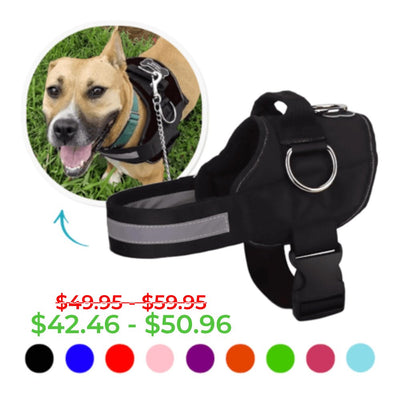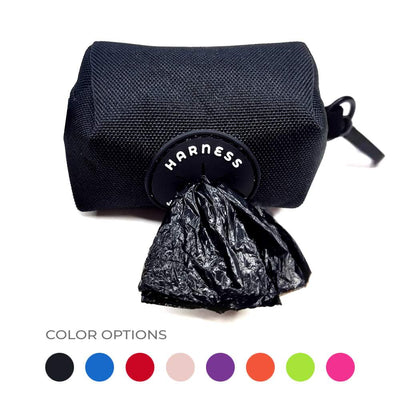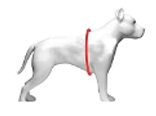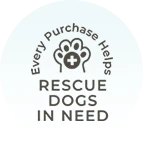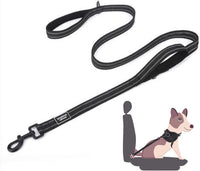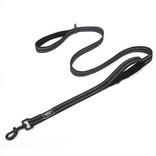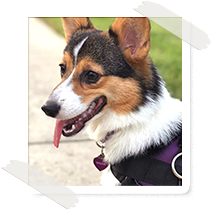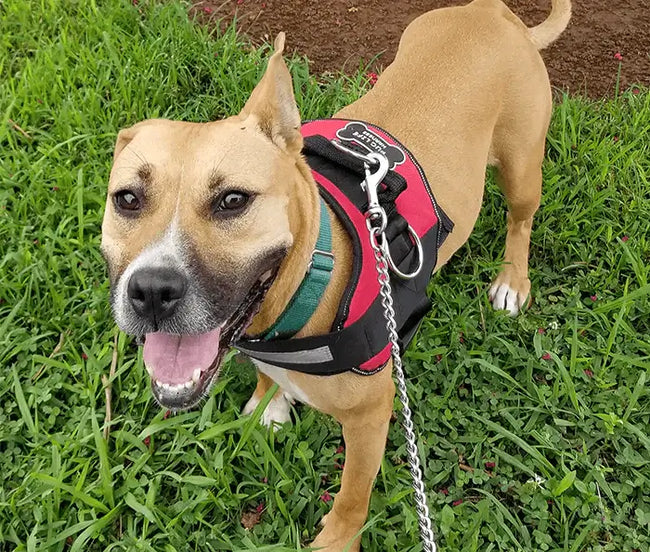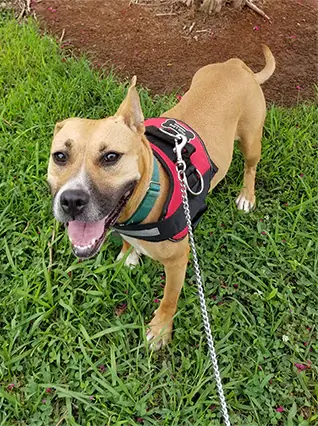Why is My Dog Eating So Much Grass?

Heading out for a walk? While you and your dog are soaking up the great outdoors, you might notice your dog rolling around in the grass, or even eating the grass.
Eating grass is common with dogs and cats alike, but what drives our beloved dogs to chomp on these greens outside when they’ve got perfectly good food at home? There are numerous reasons and causes behind dogs eating grass. Do you know them?
Reasons Why Your Dog Is Eating Grass

Dogs are omnivores that need regular fiber intake.
Their diet comprises of food that has meat and/or plants. Just as we humans do, your dog needs a satisfactory diet complete with fiber so that their digestive system functions properly. When a dog’s digestive system isn’t healthy, a series of other health issues will unfold.
By eating grass, they’re adding roughage to their diet with grass acting as a significant source of fiber. When you see this happen consistently, it might be time to review their current diet plan, specifically what food they’re eating and if it provides enough nutrients for their diet.
NOTE: If you observe your dog showing signs of discomfort with their stomach, this may be an indicator of a larger health issue at hand. It’s advised to seek professional assistance and take your dog to your trusted local veterinarian.
Your dog is bored or anxious as heck.
Dogs experience anxiety or restlessness just as humans do. We show it by biting our nails, scratching our heads among other things. Dogs, on the other hand, might be mindlessly chewing on grass or eating grass as a result of boredom, general anxiety, or separation anxiety.
Read Next: How to Handle Your Dog’s Separation Anxiety
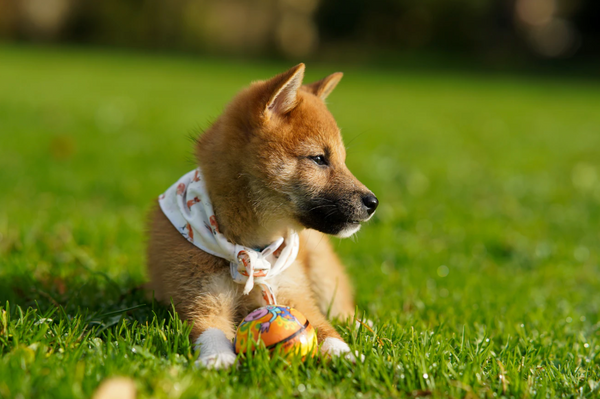
When You Should Be Concerned
Your dog is exhibiting symptoms indicating there’s a larger health issue.
Shared by the American Kennel Club (AKC), these symptoms include:
- Your dog is attempting to self-treat
- Vomiting
- Diarrhea
- Weight loss
- Decrease in appetite
- Blood in stool
- Lethargy
- Lip licking
The grass has pesticides or herbicides; harsh chemicals that were sprayed to treat the grass.
These chemicals can be poisonous and life-threatening to dogs. If you suspect your dog ingested chemically treated grass or plants, seek veterinary assistance as soon as possible.
According to the American Kennel Club (AKC), “The vet will be able to perform assessments like fecal samples, blood tests, or even physical exams to determine underlying conditions. If your dog doesn’t exhibit any symptoms, but you feel that they may have ingested too much grass, keep them hydrated and allow time for potty breaks. Have your dog fast 8-12 hours before introducing food slowly. After 12 hours if your dog continues to show signs, check in with your veterinarian.”

What you’ve just read is a sampling of blog posts we offer at Joyride Harness. We cover current events, informational posts, interviews, and more! You can find more content including tips and tricks and how-tos for caring for your dog on our blog at this section.


